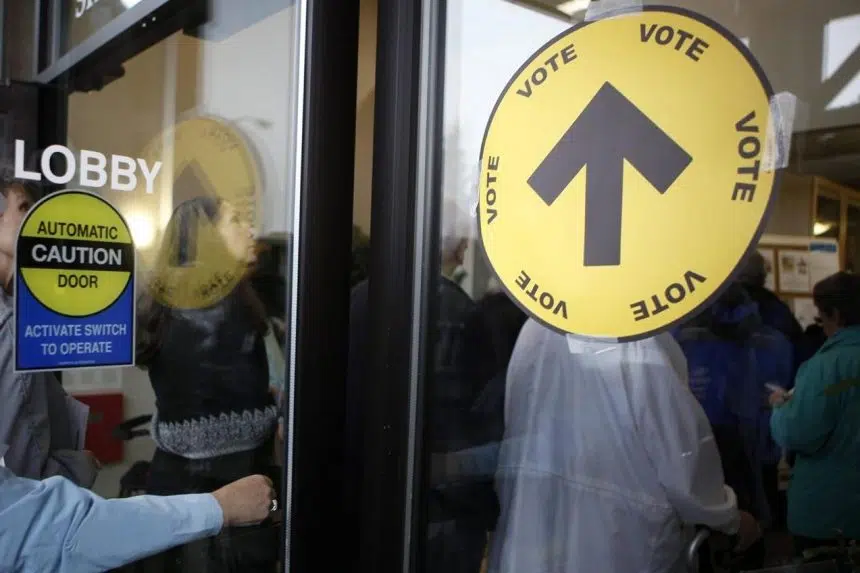OTTAWA — The threshold will be high for any decision to alert Canadians to an attempt to interfere in the coming general election, the federal government says.
The extraordinary step of a public announcement would be “a last resort,” a senior official told reporters at a briefing Tuesday.
Officials from various agencies, speaking on condition of anonymity, discussed the steps that would be followed under the government’s Critical Election Incident Public Protocol amid concerns that rogue players might try to manipulate candidates or voters this fall.
Scenarios that could trigger an announcement include blackmail against political candidates, hacking of databases or the spread of false information through video manipulation — known as “deep fakes” — or other deceptive means.
Should the government become aware of an interference attempt, security agencies would brief a panel composed of the Privy Council clerk, the national security adviser and the deputy ministers of foreign affairs, justice and public safety.
If the panel finds there is a substantial threat to a free and fair election, it would tell the prime minister, political-party officials and Elections Canada and then a public announcement will be made.
Canadians would be told what is known about the incident and any steps they should take to protect themselves.
“The threshold is high because you can’t have a situation where the panel’s intervening like 20, 30 times. That in itself is a disruption to the election,” said the senior official. “It has to be a last resort, not a first resort.”
The protocol is intended to ensure a clear, transparent and consistent approach to informing Canadians about incidents that pose a serious threat, but will not be used as a means to referee the election, the government says.
Citizens are the strongest ally in combating attempts to meddle with the ballot, it adds.
“It starts and ends with Canadians,” said the official. “A critically thinking electorate is less likely to fall victim to disinformation in all its forms, whether it’s deep fakes or inflammatory content that’s meant to sow division.”
Another official said “at this time, we haven’t seen direct threats to the 2019 general election.”
— Follow @JimBronskill on Twitter
Jim Bronskill , The Canadian Press







